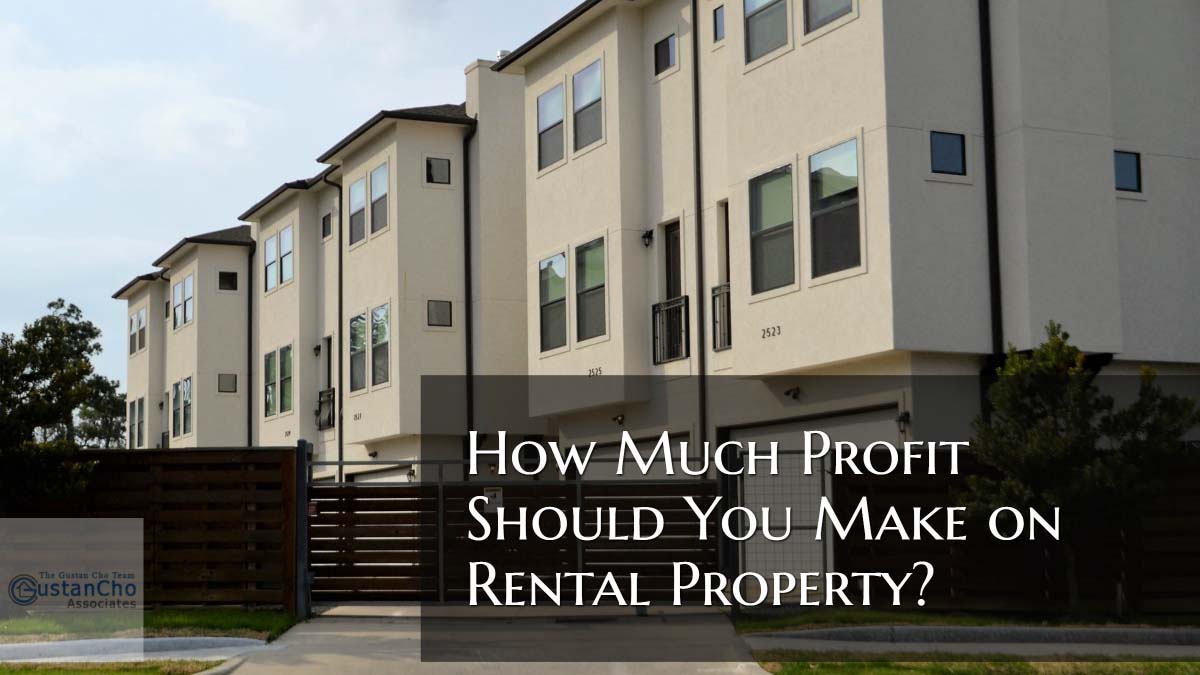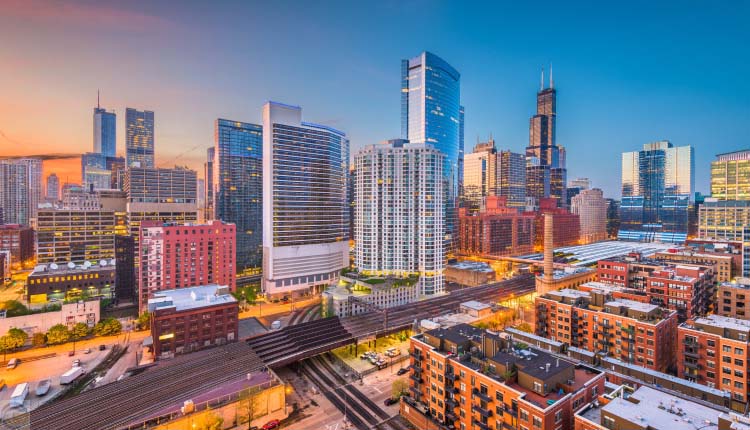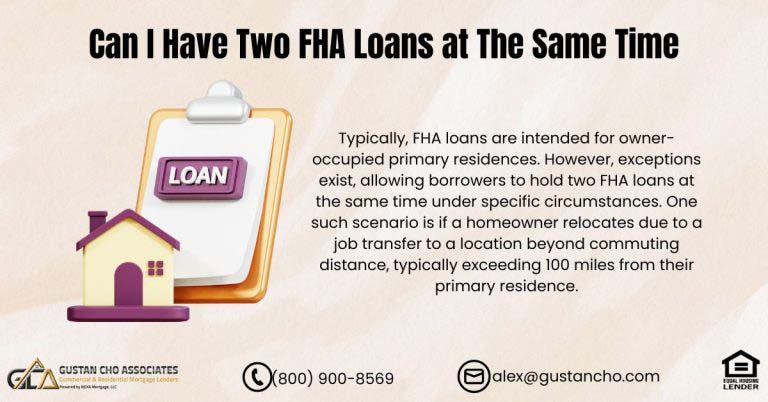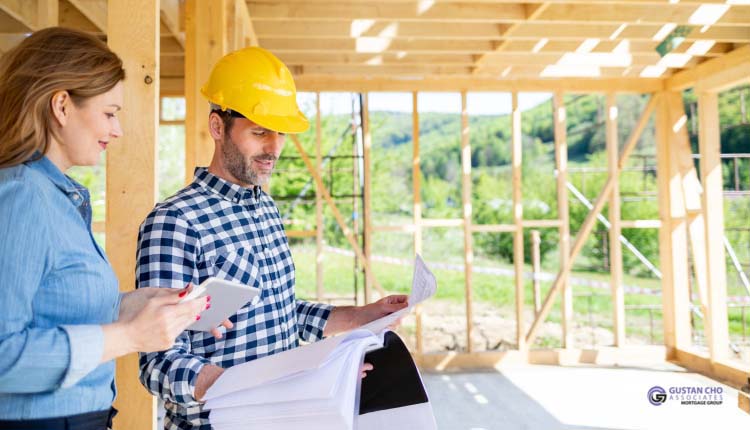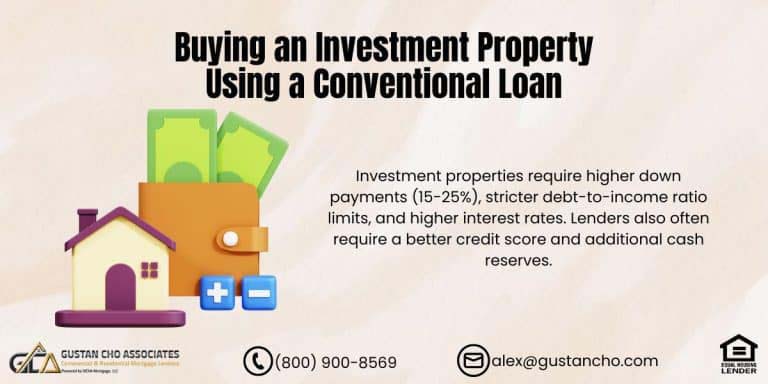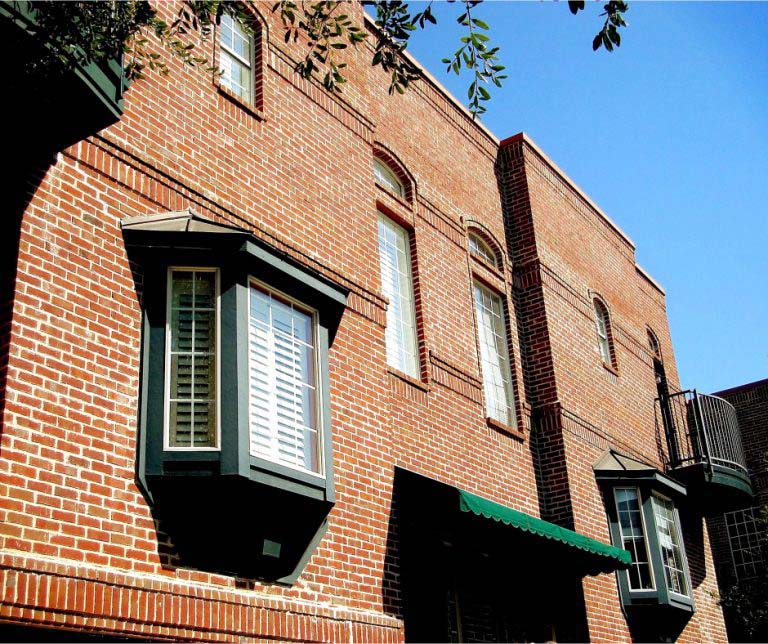This guide covers how much profit you should make on rental property. Do you own a rental property? How then do you increase your income and profit? Is it by increasing the value of your property? Or, is it by raising the rent? What about cash flow? Have you ever thought of ways to make money from your property, besides rent? And where do your tenants enter the picture? As you probably know, long-term tenants increase occupancy, lower turnover, and increase profits. So, how do you keep them from leaving while attracting new ones like them quickly? In short, how do you earn a profit and gain money on rental properties?
Tips on How Much Profit Should You Make on Rental Property
Let’s see these 5 tips:
Reduce Tenant Turnover on Rental Property
Losing long-term tenants is acceptable if they move after buying homes or finding jobs in other cities. What’s not acceptable, however, is losing them to another landlord. Remember, every lost tenant leaves behind a repair bill. Walls must be painted and floorboards or tiles replaced. And then there’s the cost of advertising and that of lost revenue. What does this mean for your bottom line? Simply this: With a high turnover rate, you incur this cost repeatedly and, more importantly, unnecessarily. To avoid it, give tenants a reason to stay. Upgrade kitchens and bathrooms or enlarge rooms. Next, improve customer service. Be courteous and professional, address any problems promptly, and ask for feedback. Or, have your property manager do likewise.
Increase Occupancy on Rental Property
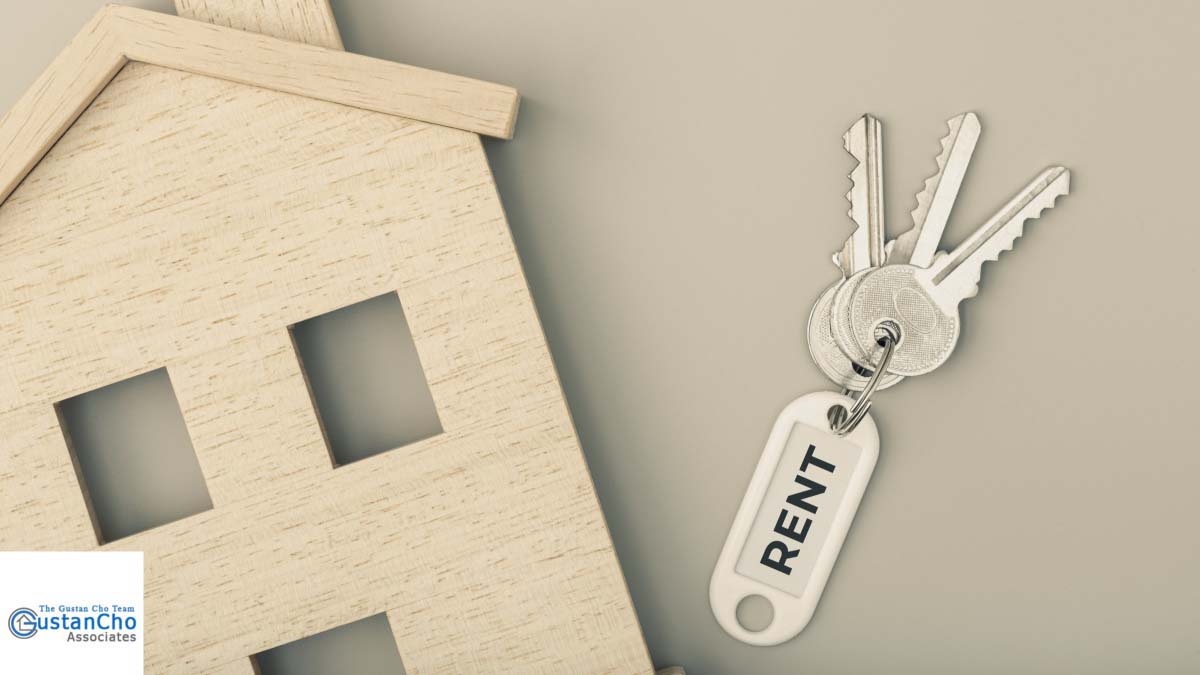
A vacant property costs you money. But do you know how much? Here’s the surprising answer. Every month of vacancy lowers your annual revenue by as much as 8 percent. Obviously, keeping occupancy close to or at 100 percent is the key to profitability. But how do you do this in the face of stiff competition?
You act the moment a tenant leaves. Post ads about the vacancy, and if the property is in a prime location, tenants will start lining up for it. If they don’t, offer them an incentive. Lower the first month’s rent by about 5-8 percent. This way you break even. After all, this discounted rate approximates the 8 percent annual loss we’ve just seen.
Start Your Process Towards Buying A Home
Apply Online And Get recommendations From Loan Experts
Collect Late-Payment Fees on Rental Property
No landlord loves the inevitable task of rent collection, which is partly why most leave their properties to property managers. But let’s assume you don’t, that you manage your property yourself. Regarding rent collection, what difficulties do you face? More often than not, it’s late payments. John Grimaldi, a loan officer and property owner in Las Vegas, Nevada, says the following about collecting late fees on rental properties:
Appealing to your kind side, tenants pay later and later each month, all the while giving excuses. And when they finally hand over the rent, they leave out the fees associated with late payments. What should you do?
Be firm, yet professional. When a tenant pays late, explain that you consider the rent fully paid only if it includes all the fees. Then, politely decline the money until they comply. This way, they respect and abide by your boundaries.
How Much Profit Should You Make on Rental Property: Raise Rent
After upgrading a property, you can safely increase the rent without turning away tenants. In fact, you do just the opposite. New tenants want the property because nothing else matches it in the neighborhood. Existing tenants, on the other hand, hang on to it for the same reason. Also, moving comes with extra costs they may not be prepared to incur.
However, exercise caution while you’re at it. Research the rents in your area first to know how much to rent to increase. Otherwise, you stop being competitive. As a general rule, aim for an increase of not more than 3 percent, which adds to your revenue without adversely affecting your competitiveness. And if possible, schedule the increase to coincide with lease renewals. This gives tenants the chance to opt either in or out.
Increase Income Streams
As much you can is the best answer. So, look beyond rent and property appreciation. Also, focus on cash flow. Let’s assume you own a multi-family apartment rental property for instance. Have you ever thought of installing vending machines in them? How about coin-operated laundry equipment? Both increase not only your income but also the value of your property. Dale Elenteny, a senior loan officer with GCA Forums Mortgage Group, says the following:
And don’t stop there. In one-family residences, clean houses and landscape yards for your tenants, but for a fee. As they already hire out these dull tasks to others, convince them to hire you instead.
And after negotiating a price with them, collect the fee. Then, approach cleaning and landscaping companies and negotiate a lower rate. By keeping the difference, you make an extra few hundred dollars per single-family home per year. Increasing rental income isn’t that difficult if you keep tenants and attract new ones quickly. And besides, increasing rent and income streams, also improve on how you collect rent. But above all, treat tenants with dignity and respect, but be firm, especially on rent collection.
Talk To Our Loan Officers About Buying or Selling Property
Apply Online And Get recommendations From Loan Experts
Frequently Asked Questions on Buying, Managing, and Maintaining a Rental Property
- FAQs for Purchasing, Getting A Hold, and Managing Rental Real Estate Properties.
- Obtaining Rental Properties.
What Are Important Points To Note When Buying a Property to Rent Out?
When looking to purchase a property, the below characteristics should be kept in mind:
- Geographical location: Make sure the property is located in an area in high demand, preferably low on crime and with quality schools.
- Market price: Compare the sale prices of other properties in the local market, rent rates, and percentages of time the property will remain vacant.
- Existing House Condition: Check the house being sold and estimate the amount required for refurbishment.
Investment Properties
You are expected to invest at least 20-30% of the house. Make sure to check whether the bank is favorable.
How Can I Determine The Future Profitability of a Rental Property?
The Return on Investment can be calculated using the following formula:
- Return on Investment = Annual Rental Profit / Total Costs x 100 Net Income:
- Take all income earned by the property during the year and deduct any mortgage payments, taxes, and maintenance.
- Aiming for an ROI of 6-10% or higher is always recommendable.
What Financing Options Do I Have For Purchasing Rental Real Estate Properties?
The Options For Financing a Rental Property Include The Following:
- Conventional Loans: A higher amount of Down Payments with additional property purchasing agreements (20-30%).
- FHA Loans: If you need them for multifamily properties and are already living in one, we’ve got you covered.
- Secured Loans: These may be beneficial, but expecting a higher rate of interest on them is normal.
- HELOC or Home Equity: They can assist if you meet the requirements or have a property that meets specific characteristics.
Would Purchasing a Turnkey Rental Property or a Fixer-Upper Make More Sense?
Turnkey properties have greater value but require tenants immediately, while a fixer-upper is easy to buy as it costs less. However, it requires ample time and renovation.
Are There Any Common Mistakes That Must Be Avoided While Purchasing a Rental Property?
Rental income should be conducted well to avoid unrealistic rental rates. Maintenance, taxes, and vacancies should also be accounted for to avoid unrealistic expenses, and inspections must always be carried out to thoroughly examine the rental property.
Managing a Rental Property
What is the best way to screen tenants?
It is important to verify the tenants’ income and ratings and obtain a detailed history of their evictions. Furthermore, it is important to contact the rent applicant and previous landlords for more insight into the situation.
Is Rental Property Management Essential?
If the property is being managed locally and the landlord has a small portfolio, the expenditures on management can be saved (which can be between 8 and 12 percent of the monthly rent). However, if the portfolio is larger, rental management is indeed necessary.
How Can I Ensure a Timely Payment of Rent?
With signed lease agreements, individuals can specify when a particular rent should be paid and what penalties would apply to those who are late in their payments. Furthermore, online services like Venmo or Cozy can help track and suggest what payments to make.
Conduct Thorough Screening
Select reliable tenants with a predictable source of income.
What Are The Best Practices For Dispute Resolution With Tenants?
- Communication: Respond to tenant concerns quickly and in a professional manner.
- Documentation: Ensure you have copies of all material discussed and signed.
- Mediation: A respected third party who understands the pertinent aspects of the disagreement should assist the parties and work with them to reach a solution, instead of resorting to the courts.
What Should I Do When My Unit is Vacant?
- Put the Number of Turnovers in Check: Ensure the tenants are content and give incentives to renew.
- Advertise: Use internet marketing tools to reach out specifically to sites such as Zillow, Apartments.com, and local newspapers.
- Set Your Rate: Price your rent per the rest of the region.
Taking Care of a Rental Unit
What maintenance activities are normally done on rental units?
- HVAC Systems: This should be done every twelve months in order to make the equipment work properly.
- Electrical and Plumbing: Associated with plumbing are leaks, blocked drains, electrical failures, and much more.
- Landscaping: Cleaning and tidying jobs are also required for structures outside the building.
- Appliances: Evaluate and fix where appropriate.
How Much Should I Set Aside For Upkeep?
- General Rule: It is recommended that you spend between one and two percent of the property’s value on maintenance every year.
- Reserve Fund: Allow for any unforeseen maintenance (change of roof, loss of a water heater).
How Frequently Should I Conduct Property Inspections?
- Move-In/leave Inspections: Find out the existing state of a property before and after a new tenant occupies a residence on contract.
- Routine Inspections: Check for any problems on site semi-annually or annually.
How Do I Do Emergency Repairs?
- Have an emergency system so that tenants can report emergencies for 24/7 availability, anytime.
- Have reliable contractors with whom contracts can be established for quick responses.
- Heating and water outages are emergencies that need to be handled promptly based on habitability laws.
How Do I Benefit Tax-Wise From Being a Rental Property Owner?
- Over 27.5 years, for tax purposes, amortize the cost of such property.
The following expenses are deductible:
- mortgage interest
- property taxes
- repairs of new buildings
- insurance for the buildings
- Property management fees for Property Rent.
When buying new properties, be sure to use a 1031 exchange to avoid paying taxes on the capital gains. Just like in any business, the success of rental property lies in having a well-laid-out business plan, a properly integrated management system, and even maintenance planning. By being aware of the duty and best practices, business returns are maximized, and business runs smoothly.


